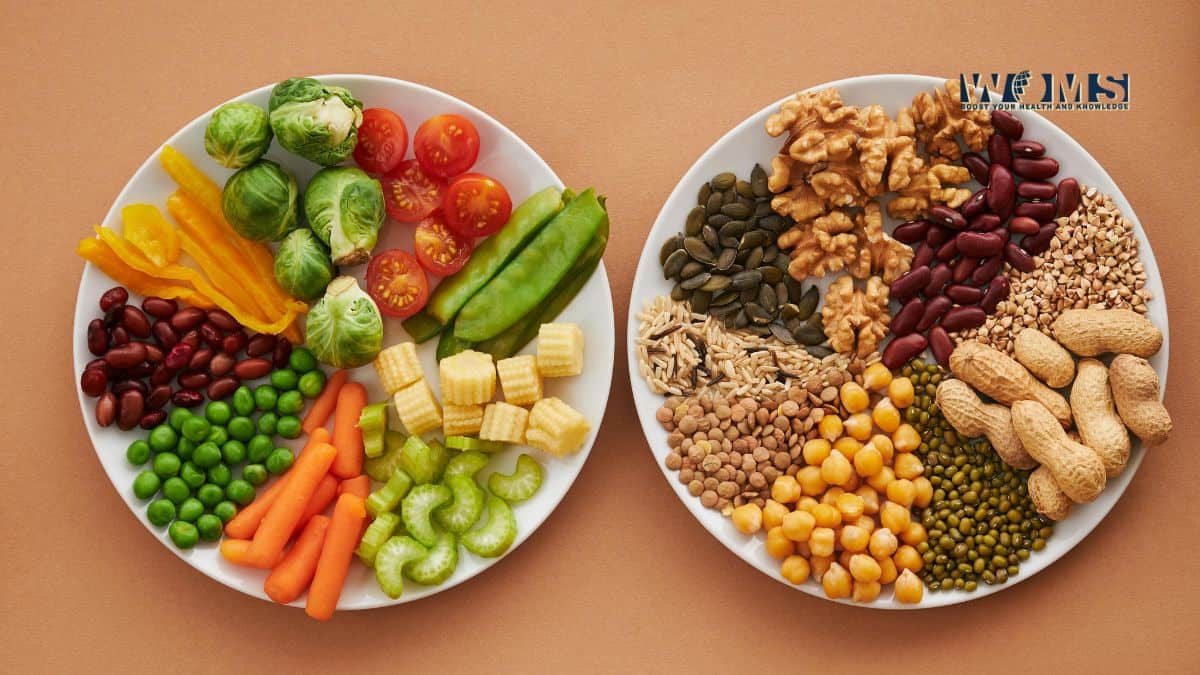How Type 2 Diabetes Can Be Managed with a Healthy Diet Plan

Healthy eating is a cornerstone in maintaining one’s health and well-being. It is all the more important if you have a chronic condition. In the case of diabetes, a regular healthy diet is one of the lifestyle changes needed to help manage your condition since it is a key factor in controlling blood glucose levels.
So, with all that in mind, here are some ways how a healthy eating plan can help your diabetes management:
Glucose Control
The main issue with diabetes is producing or processing insulin which controls the level of glucose in the body. Glucose is the main type of sugar in the blood, and is the major energy source in the body. Glucose comes from the food you eat, especially from carbohydrates, so diet has a significant impact on controlling glucose.
Eating a low yet consistent amount of carbohydrates can help control blood glucose levels. Another way is to eat foods that are harder for the body to break down. Focus on lean proteins such as chicken and tofu, and complex carbohydrates such as whole grains, legumes, nuts, and seeds. Additionally, try to avoid added sugars in your food and beverages.
Weight Loss
A healthy diet, coupled with physical activity, can result in significant weight loss which has been found to improve glucose control. Losing weight, and losing excess body fat, reduces insulin resistance and lowers blood glucose levels. There are also supporting studies that show how significant weight loss with a low-energy diet and exercise can even lead to diabetes remission or reversal.
Portion sizes are important when trying to lose weight. You can try using a smaller 9-inch plate for meals and filling it mostly with non-starchy vegetables. Being mindful about drinking water before eating and eating slowly can also help promote feelings of fullness and prevent overeating. Another easy way to keep track of weight and glucose levels is to join available diabetes weight loss programs which can have tools like meal planners, calorie counters, and weight trackers for you to use.
Nutrient Needs
Diabetics may be deficient in some nutrients, including zinc, magnesium, B vitamins, chromium, vitamin A, vitamin E, and vitamin C. Studies have shown that meeting these needs through supplementation can help control glucose levels and improve lipid and carbohydrate metabolism.
Eating a wide variety of nutritious foods can help you meet nutritional needs. Foods that are rich in nutrients include fruits and vegetables, legumes, chicken, fish, eggs, nuts, and seeds. Consulting your doctor can also give you insights on what other nutrients you may need. You may also get a referral to a nutritionist or dietitian for a more comprehensive and personalized eating plan suited to your needs.
Decreased Complications
Uncontrolled diabetes can lead to many possible diabetes complications, such as vision problems, kidney disease, nerve and blood vessel damage, strokes, and heart disease. Thus, it’s important that managing diabetes through better glucose control and weight loss via a healthy diet can decrease the risk of these complications.
Aside from making sure you stabilize your blood glucose with regular healthy meals, you should also make sure to avoid foods that can not only spike glucose levels but your lipid levels as well. Limit saturated fats such as red meat and full fat dairy foods. Avoid trans fats and added sodium by avoiding processed foods. Include healthy fats in your diet, such as fish, avocados, unsalted nuts, and seeds.
In Summary
While diabetes can be complicated, managing it does not need to be. A healthy diet can bring significant benefits to your health and to your diabetes control. Taking steps such as you eat regularly, knowing what foods you need to eat and what foods to avoid, and minding your portions can lead to better glucose control, weight management, and decreased risk for deficiencies and complications. Make sure you are on the best diet for your specific needs by consulting your healthcare team for recommendations and guidance.




